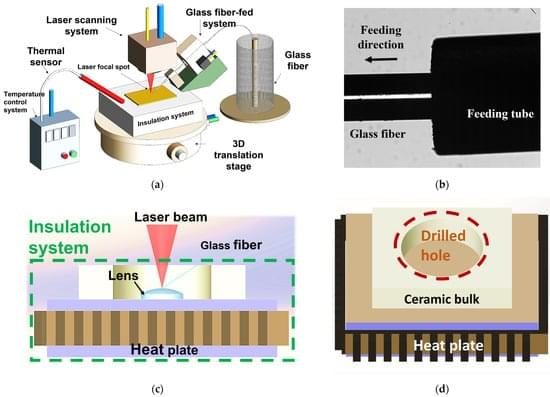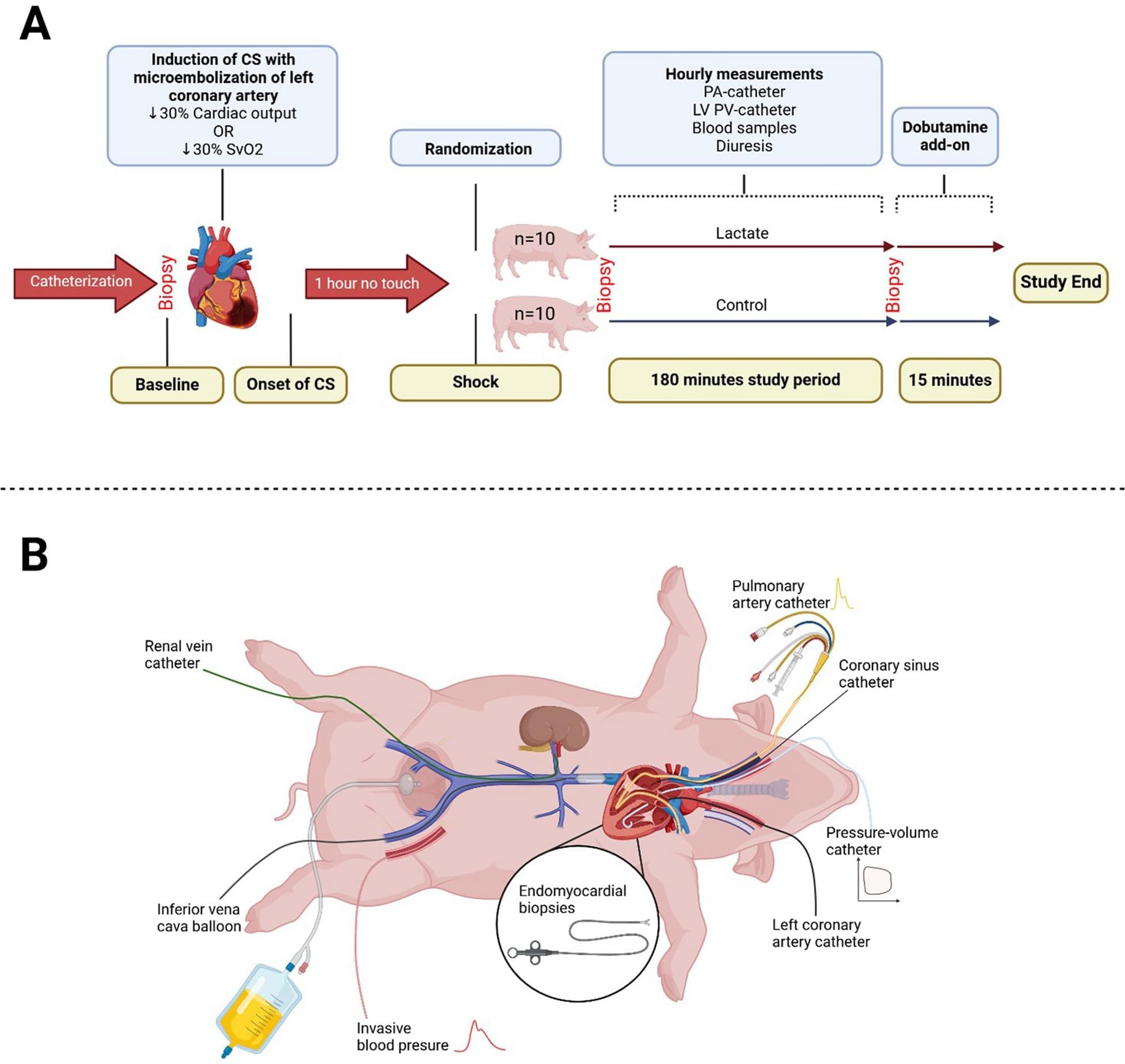Scientists have imaged atomic thermal vibrations for the first time, revealing hidden patterns that could redefine quantum and nano-electronic device design. Scientists studying atomic-level behavior in advanced electronic and quantum devices have successfully captured the first-ever microscopy i
Get the latest international news and world events from around the world.
Cursor AI Code Editor Fixed Flaw Allowing Attackers to Run Commands via Prompt Injection
Critical flaw in Cursor AI editor let attackers execute remote code via Slack and GitHub—fixed in v1.3 update.





Fiber-Fed 3D Printing of Germanate Glass Optics
In recent years, 3D printing glass optics has gained massive attention in industry and academia since glass could be an ideal material to make optical elements, including the lens. However, the limitation of materials and printing methods has prevented 3D printing glass optics progress. Therefore, we have developed a novel printing strategy for germanate glass printing instead of pure silica. Moreover, compared with traditional multi-component quartz glass, germanate glass has unmatched advantages for its mid-infrared (MIR) transparency and outstanding visible light imaging performance. Furthermore, compared with non-oxide glass (fluoride glass and chalcogenide glass), germanate glass has much better mechanical, physical, and chemical properties and a high refractive index.

What Can a Cell Remember?
In a provocative study published in Nature Communications late last year, the neuroscientist Nikolay Kukushkin and his mentor Thomas J. Carew at New York University showed that human kidney cells growing in a dish can “remember” patterns of chemical signals when they’re presented at regularly spaced intervals — a memory phenomenon common to all animals, but unseen outside the nervous system until now. Kukushkin is part of a small but enthusiastic cohort of researchers studying “aneural,” or brainless, forms of memory. What does a cell know of itself? So far, their research suggests that the answer to McClintock’s question might be: much more than you think.
Brainless Learning
The prevailing wisdom in neuroscience has long been that memory and learning are consequences of “synaptic plasticity” in the brain. The connections between clusters of neurons simultaneously active during an experience strengthen into networks that remain active even after the experience has passed, perpetuating it as a memory. This phenomenon, expressed by the adage “Neurons that fire together, wire together,” has shaped our understanding of memory for the better part of a century. But if solitary nonneural cells can also remember and learn, then networks of neurons can’t be the whole story.

Lactate infusion improves cardiac function in a porcine model of ischemic cardiogenic shock
Cardiogenic shock (CS) is associated with high mortality and medical therapies have failed to improve survival. Treatment with lactate is associated with improved cardiac function which may benefit this condition. Comprehensive hemodynamic assessment of lactate administration in CS is lacking, and the mechanisms underlying the cardiovascular effects of lactate in CS have not yet been elucidated. In this study we aimed to study the cardiovascular and cardiometabolic effects of treatment with lactate in experimental ischemic CS.
In a randomized, blinded design, 20 female pigs (60 kg) were studied. Left main coronary artery microsphere injections were used to cause CS, defined as a 30% reduction in CO or mixed venous saturation (SvO2). Subjects were randomized to receive either intravenous exogenous lactate or euvolemic, equimolar saline (control) for 180 min. Positive inotropic control with dobutamine was administered on top of ongoing treatment after 180 min. Extensive hemodynamic measurements were obtained from pulmonary artery and left ventricular (LV) pressure–volume catheterization. Furthermore, endomyocardial biopsies were analyzed for mitochondrial function and arterial, renal vein, and coronary sinus blood samples were collected. The primary endpoint was change in CO during 180 min of treatment.
Arterial lactate levels increased from 2.4 ± 1.1 to 7.7 ± 1.1 mmol/L (P 0.001) during lactate infusion. CO increased by 0.7 L/min (P 0.001) compared with control, due to increased stroke volume (P = 0.003). Notably, heart rate and mean arterial pressure did not differ significantly between treatments. End-systolic elastance (load independent contractility) was enhanced during lactate infusion (P = 0.048), together with LV ejection fraction (P = 0.009) and dP/dt(max) (P = 0.041). Arterial elastance (afterload) did not differ significantly (P = 0.12). This resulted in improved ventriculo-arterial coupling efficiency (P = 0.012). Cardiac mechanical efficiency (P = 0.003), diuresis (P = 0.016), and SvO2 (P = 0.018) were increased during lactate infusion. Myocardial mitochondrial complex I respiration was enhanced during lactate infusion compared with control (P = 0.04).

Potential chemo-induced cognitive changes discovered in cancer survivors
Researchers at The City College of New York have linked chemotherapy treatment to lasting cognitive changes in rats—potentially shedding light, for the first time, on cognitive problems some cancer survivors experience long after treatment ends.
Titled “Chemotherapy treatment alters DNA methylation patterns in the prefrontal cortex of female rat brain,” the study appears in the journal Scientific Reports.
“Our study explored how chemotherapy affects the brain at the molecular level using an animal model,” said Karen Hubbard, professor of biology in CCNY’s Division of Science, who co-led the study.